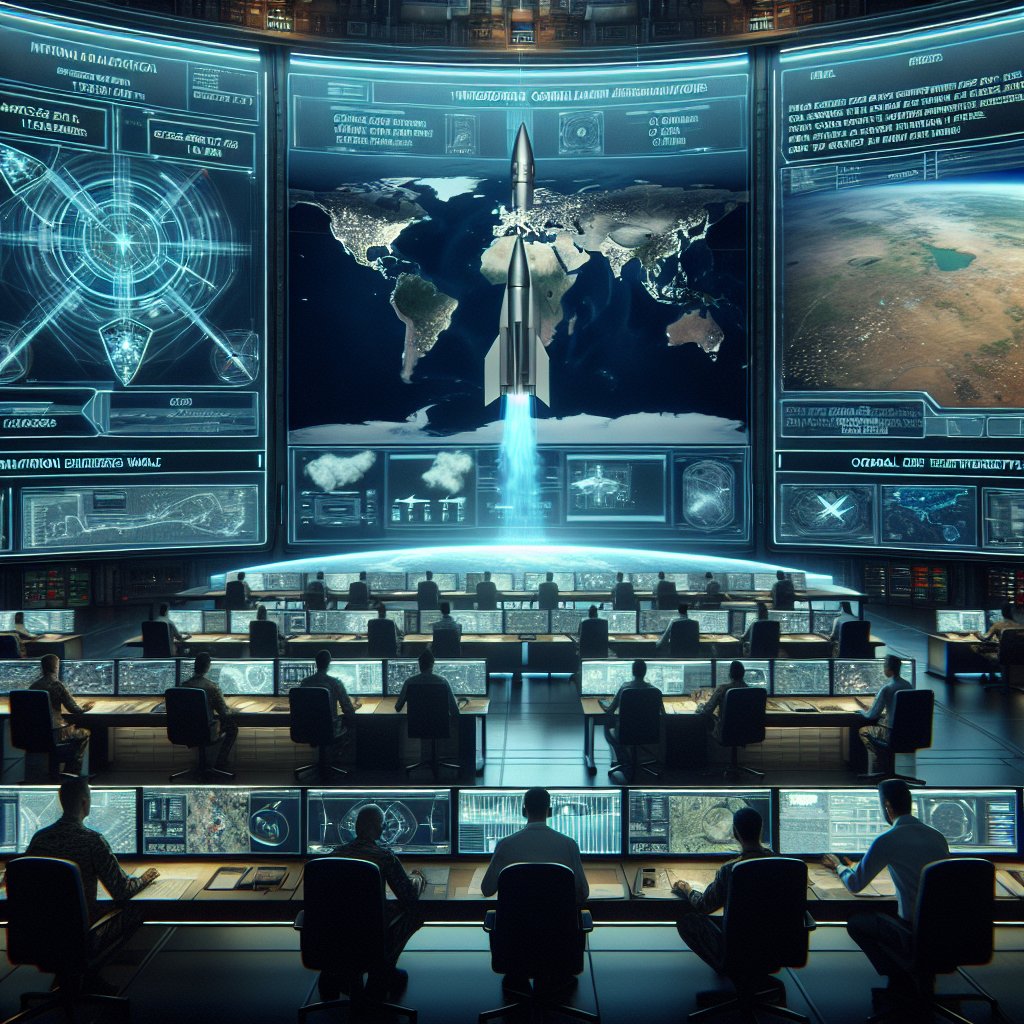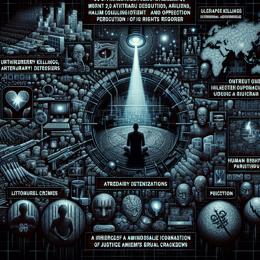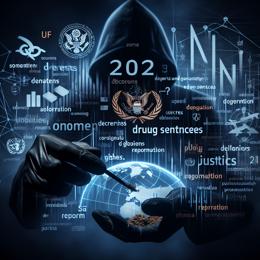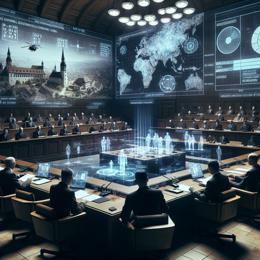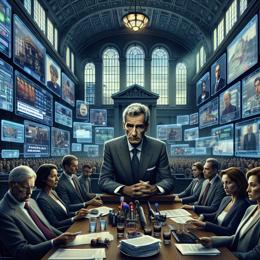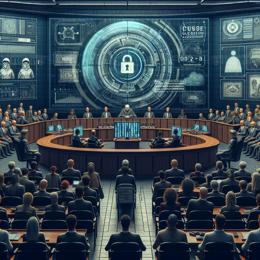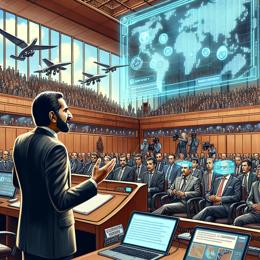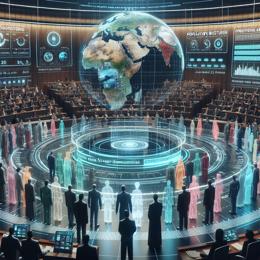Image created by AI
ICC Issues Arrest Warrants for Russian Commanders Over Ukraine War Crimes
In a significant development echoing the international community's commitment to justice and accountability amid conflict, the International Criminal Court (ICC) has taken a firm stance against impunity by issuing arrest warrants for two Russian military commanders. Sergei Kobylash and Viktor Sokolov have been named by the ICC with allegations of war crimes committed during the ongoing conflict in Ukraine, marking a poignant moment in the efforts to uphold international law.
The warrants are based on serious accusations that the military actions led by the commanders, specifically missile strikes against Ukrainian electric infrastructure, extended from at least October 10, 2022, until at least March 9, 2023. According to the ICC statement, these attacks did not merely contribute to war efforts but caused extensive civilian harm and property damage, far outweighing any legitimate military gain.
This development at The Hague represents another critical chapter in the ICC's engagement with the war in Ukraine. Earlier, in 2022, the Court saw fit to issue arrest warrants for Russian President Vladimir Putin and the children’s commissioner Maria Lvova-Belova, forging a robust narrative of accountability for wartime actions that may constitute grave breaches of international law. These charges, emphatically denied by Kremlin representatives, underscore the growing international concern over the conduct of Russian forces in the besieged nation.
Within Ukraine, the ambitious march of justice continues independently. The prosecutors there are vigorously pursuing investigations into alleged war crimes, including the far-reaching winter air campaign that targeted the nation's energy and utilities infrastructure. While Russia maintains its public stance, dismissing allegations of deliberately assaulting civilian targets, such assertions remain in the throes of contention in the legal and international arenas.
The controversies spark essential debate concerning the definition of military and civilian targets under the Geneva Conventions and their additional protocols. The legal instruments that guide wartime conduct rigorously prohibit attacks on civilian installations. Yet, the debate hinges on whether certain civilian infrastructure may simultaneously serve essential military functions, granting them potential status as military objectives. Examples often cited by experts include power plants and railways that could, in certain conditions, be deemed legitimate military targets.
However, the contemporary narrative upheld by the ICC, supported by assessments of proportionality and distinction, indicate that the attacked infrastructures' military utility did not justify the significant civilian impacts observed. The issuing of these warrants is an assertion of this perspective and reflects the Court's role in deterring attacks on civilian objects and safeguarding innocent lives in times of war. International law aims to balance military necessity against humanitarian concerns, a balance the ICC finds was notably undermined in these episodes.
The story that unfolds from these decisions is one of the continued importance and relevance of international criminal justice mechanisms, emphasizing the responsibility of military commanders for the actions of their forces. These warrants vividly demonstrate the international community's vigilance against breaches of wartime conduct and the determination of its institutions to confront unacceptable violations.
As the ICC stands by its decisions, the world is reminded once again of the unyielding principles that should govern conduct in armed conflict, principles that the Court is committed to upholding through its mandate. Whether these arrest warrants will lead to actual arrests and trials remains uncertain, given the complexities of international law enforcement. Nevertheless, they enshrine a precedent of accountability that will reverberate through ongoing and future conflicts, where the rule of law faces its severest tests.
